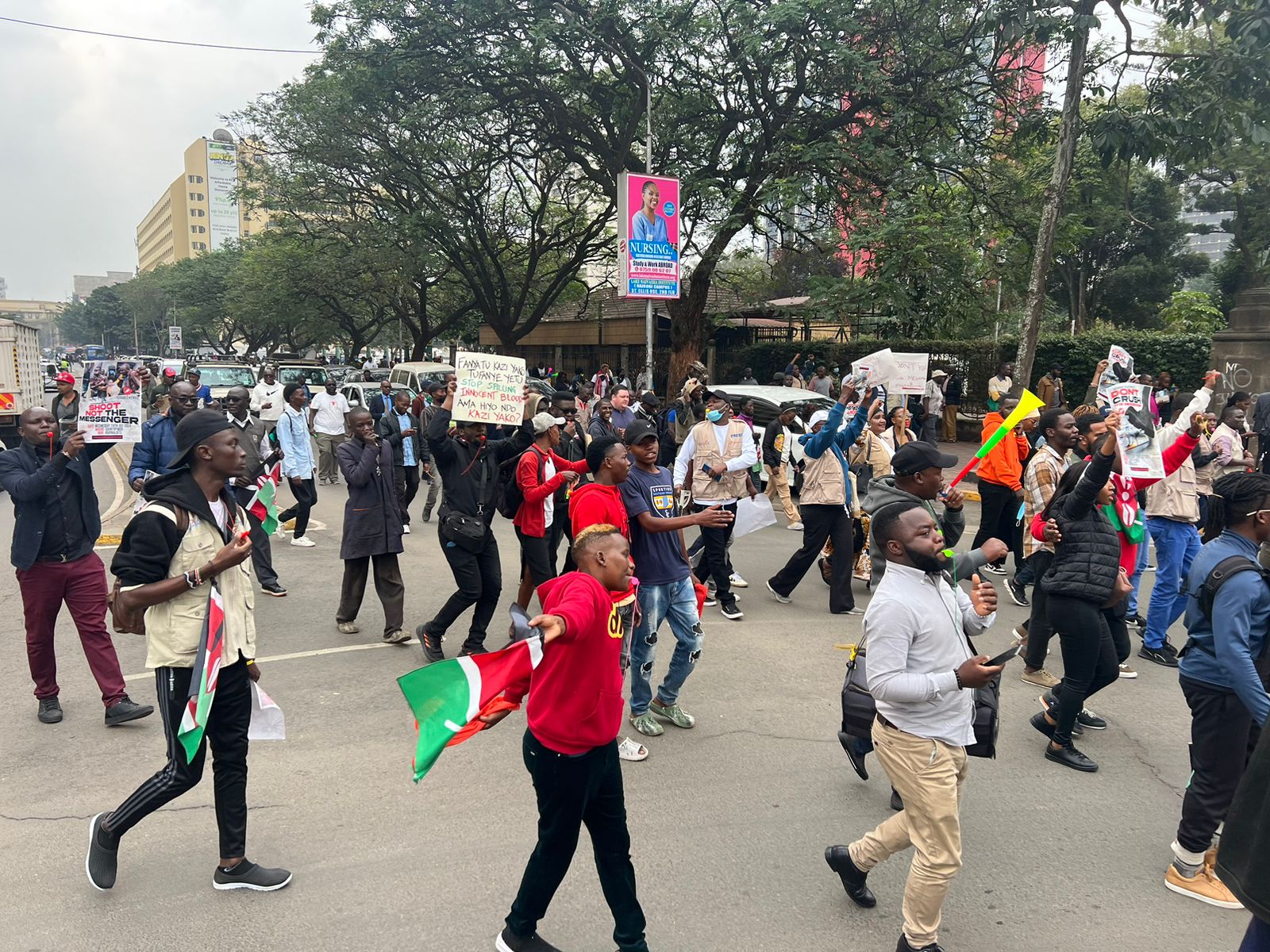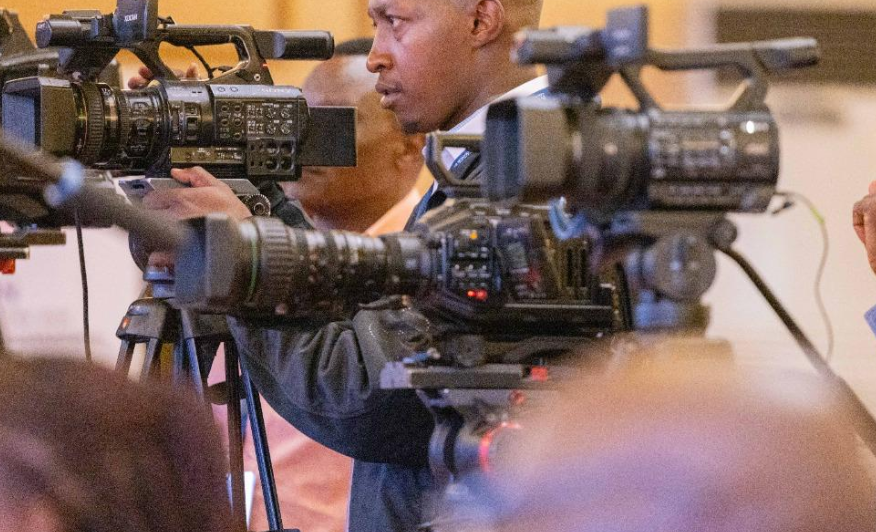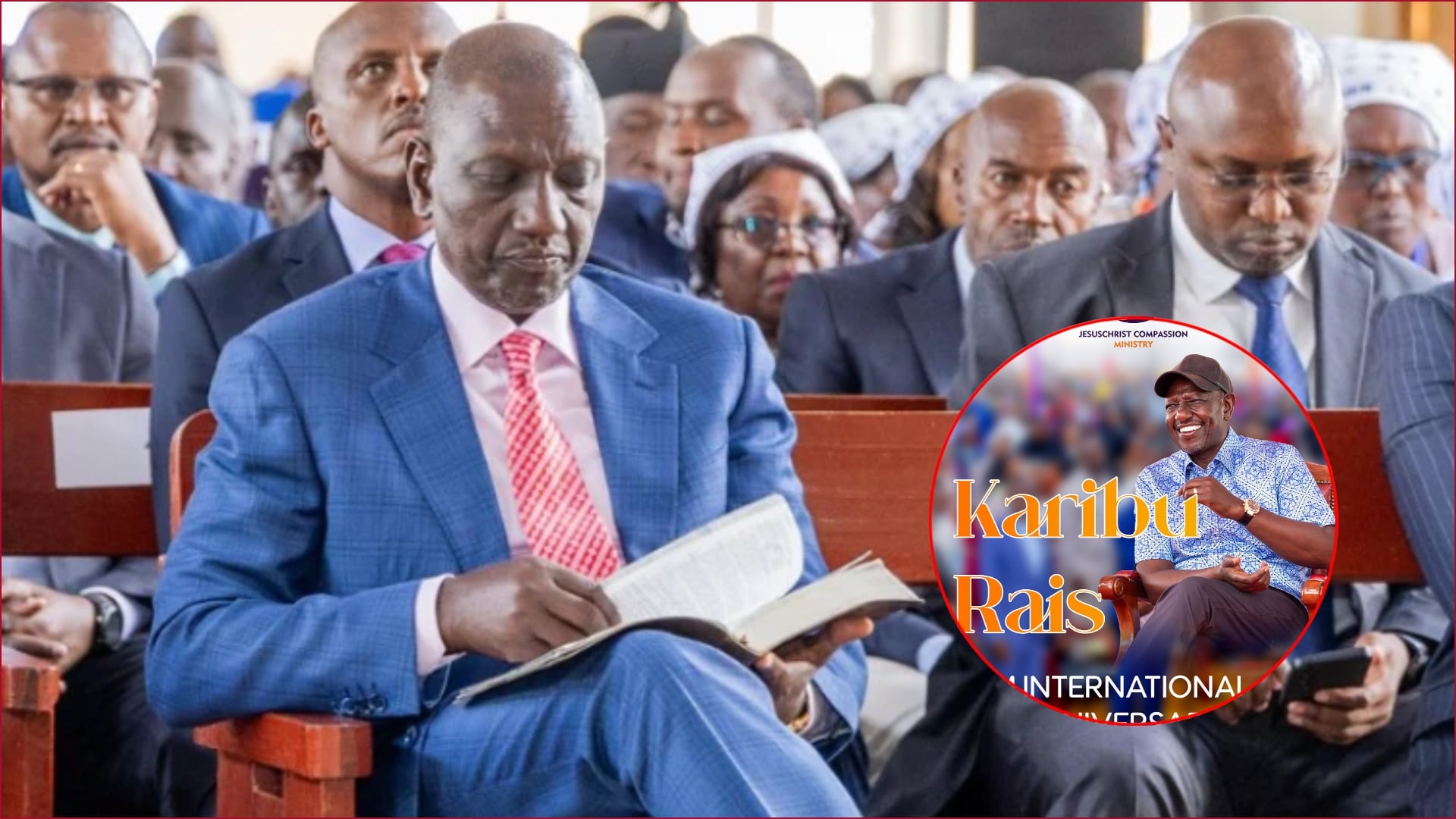By Victor Bwire
Kenya continues to uphold outdated and problematic laws that, beyond burdening individuals with unnecessary personal expenses, also make the country appear archaic. Even as the government pursues austerity measures in the public sector, the enforcement of such laws leads to the misuse of public resources to resolve issues that are fundamentally private in nature.
A prime example is the cost of implementing laws such as criminal defamation, already declared unconstitutional, alongside sections of the Computer Misuse and Cybercrimes Act 2018 and related 'insult' provisions in the Penal Code, particularly regarding the publication of false news. With Kenya’s vibrant online community and a digitally active youth population increasingly engaged in governance, attempts to control them using these outdated laws are not only expensive but also counterproductive. Instead, the government should invest in digital and media literacy, particularly through the education system, to promote responsible media use and consumption.
It is disheartening that journalists and content creators who engage in fair comment or truthful reporting on matters of public interest continue to face harassment by security agencies under criminal defamation or for 'insulting' public officials. In 2010, the African Commission on Human and Peoples’ Rights adopted a resolution calling for the abolition of criminal defamation laws. Institutions like the Media Council of Kenya’s Complaints Commission were established to decriminalize press freedom violations.
Read More
Consider a case where a journalist in Kitui writes about a matter of public interest. An aggrieved party calls the police, who mobilize officers from Kiambu County, using public funds to travel, arrest the journalist, and detain him. Here, the state uses taxpayer money to settle what is essentially a civil dispute between individuals. This is a misuse of authority, a violation of freedom of expression, an abuse of police power, and a mockery of the Bill of Rights.
In another scenario, a Kenyan posts something online that offends someone in power. The offended party invokes their position, mobilizes security personnel, and deploys public resources to address what should be a civil matter. Or take a case where, in a nursery alumni WhatsApp group, one member uses a phrase another finds offensive, leading to a costly court case and a heavy fine.
There is a valuable lesson here, both in terms of human rights and cost-efficiency: criminal defamation and related insult laws must be repealed. Kenyan courts have declared criminal defamation and sections of the Computer Misuse and Cyber Crime Act ( Some sections and the Government appealed and won) unconstitutional, because they violate freedom of expression and press freedom. While freedom of expression is not absolute, exceptions exist globally for national security, public health, and incitement to violence; protecting individual reputations is not among these exemptions. Even the Data Protection Act grants journalists certain exemptions when reporting on matters of public interest. Provisions such as fair comment, truth, and journalistic privilege (e.g., reporting on court proceedings or parliamentary debates) remain vital safeguards.
-1720258272.jpg)
Criminal defamation and "insult" laws are among the biggest obstacles to independent journalism and the full realization of freedom of expression and access to information, not only in Kenya but across Africa. This concern prompted media professionals and advocacy groups to adopt the Declaration of Table Mountain in Cape Town in 2007, calling on governments to decriminalize criminal defamation to advance press freedom across the continent.
According to a Thomson Reuters Foundation publication, there are two key distinctions between criminal and civil defamation:
1. In criminal defamation, the Office of the Director of Public Prosecutions (ODPP) or a private prosecutor must prove the case beyond a reasonable doubt.
2. Civil defamation typically results in monetary damages.
Although Section 194 of the Penal Code (criminal defamation) was declared unconstitutional, Section 23 of the Computer Misuse and Cybercrimes Act still criminalizes the publication of false information likely to harm a person's reputation. Notably, Kenyan law does not provide a specific definition for civil defamation.
It is therefore a progressive step to consider amending the outdated 1930 Penal Code—particularly Sections 40(1), 66, 66A, 67, 96, and 194-200—as well as the Books and Newspapers Act. The government must also fully implement the 2017 High Court ruling on the unconstitutionality of criminal defamation and re-examine problematic provisions in the Computer Misuse and Cybercrimes Act.
Mr Victor Bwire is the Head of Media Development and Strategy at the Media Council of Kenya.











